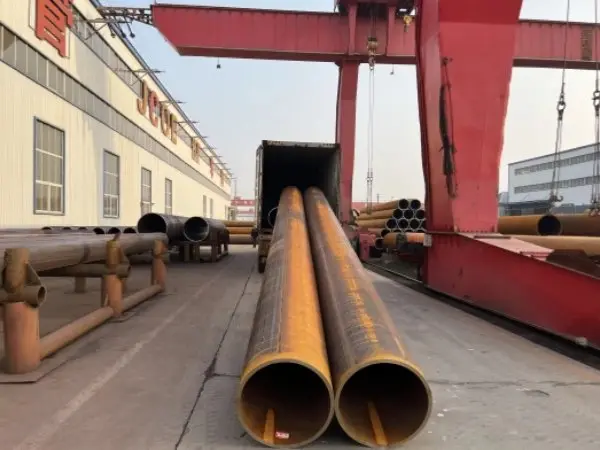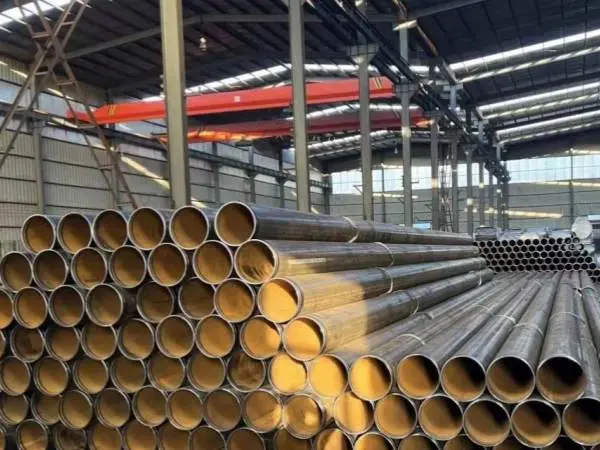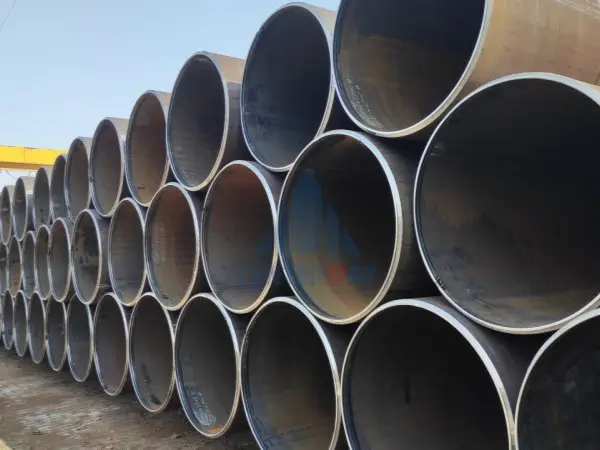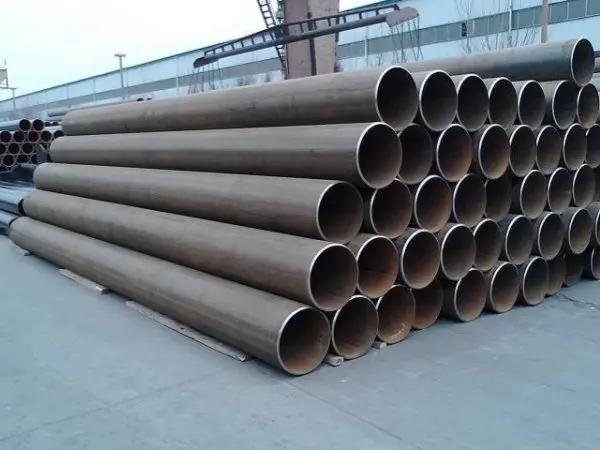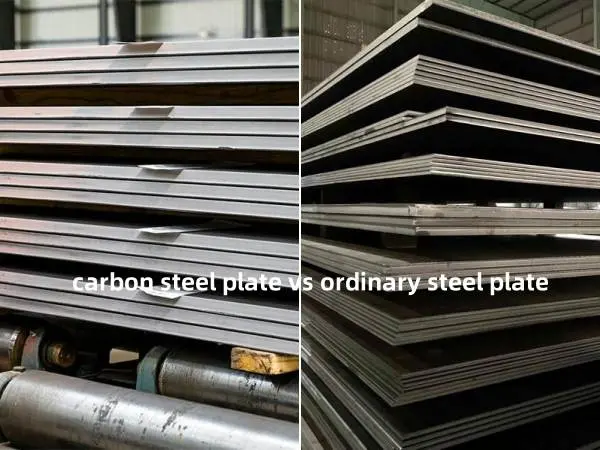- Phone0086 731 8564 8255
- E-mailsales@cscsteel-manufacturing.com
-

When working with galvanized steel pipes, it's common to need to connect multiple pipes. The correct connection method plays a crucial role in ensuring the integrity and safety of the system. Here are the main connection methods for galvanized steel pipes.
1. Welded Connection
Welding is a commonly used method for joining galvanized steel pipes. This process involves fusing the ends of the pipes together through heat and pressure. While welding takes more time compared to other methods, it offers superior quality and reduces the likelihood of leaks once completed.
2. Clamp Groove Connection
The clamp groove connection is a popular, easy-to-install method. It requires minimal processing of the steel pipes, as the pipes are simply joined using a clamp. However, this method demands that the clamps used be of high quality to ensure a secure connection.
3. Flange Connection
In this method, two galvanized steel pipes are fixed to a flange, and then the two flanges are connected. Flange connections are particularly common for joining valves. When the pipe's nominal diameter (DN) exceeds 100mm, flanged connections are often preferred, and the pipes are welded to the flanges.
Key Considerations When Connecting Galvanized Pipes
- Choosing the Right Connection Method
Select the appropriate connection method based on the design specifications and the dimensions of the galvanized pipe fittings. For example, when the DN is less than or equal to 100mm, a clamp groove connection is often sufficient.
- Pre-connection Checks
Before making the connection, manually tighten the galvanized pipes to check for proper fit and ensure tightness. Then, use appropriate tools to tighten the fittings to a sufficient margin to avoid leakage.
- Leak Testing
After the connection is made, perform a hydrostatic test to check for leaks at each joint. If any leakage is detected, mark the affected area and inspect it again after repairs are made to ensure the connection is secure.
- Welding Precautions
When welding galvanized pipes, it’s recommended to cut off a small section of the pipe end before processing. This step helps to avoid weak connections and ensures a more stable joint between the pipes.
By following these connection methods and considerations, the integrity and performance of galvanized steel pipe systems can be assured, minimizing the risk of leaks and other issues.
